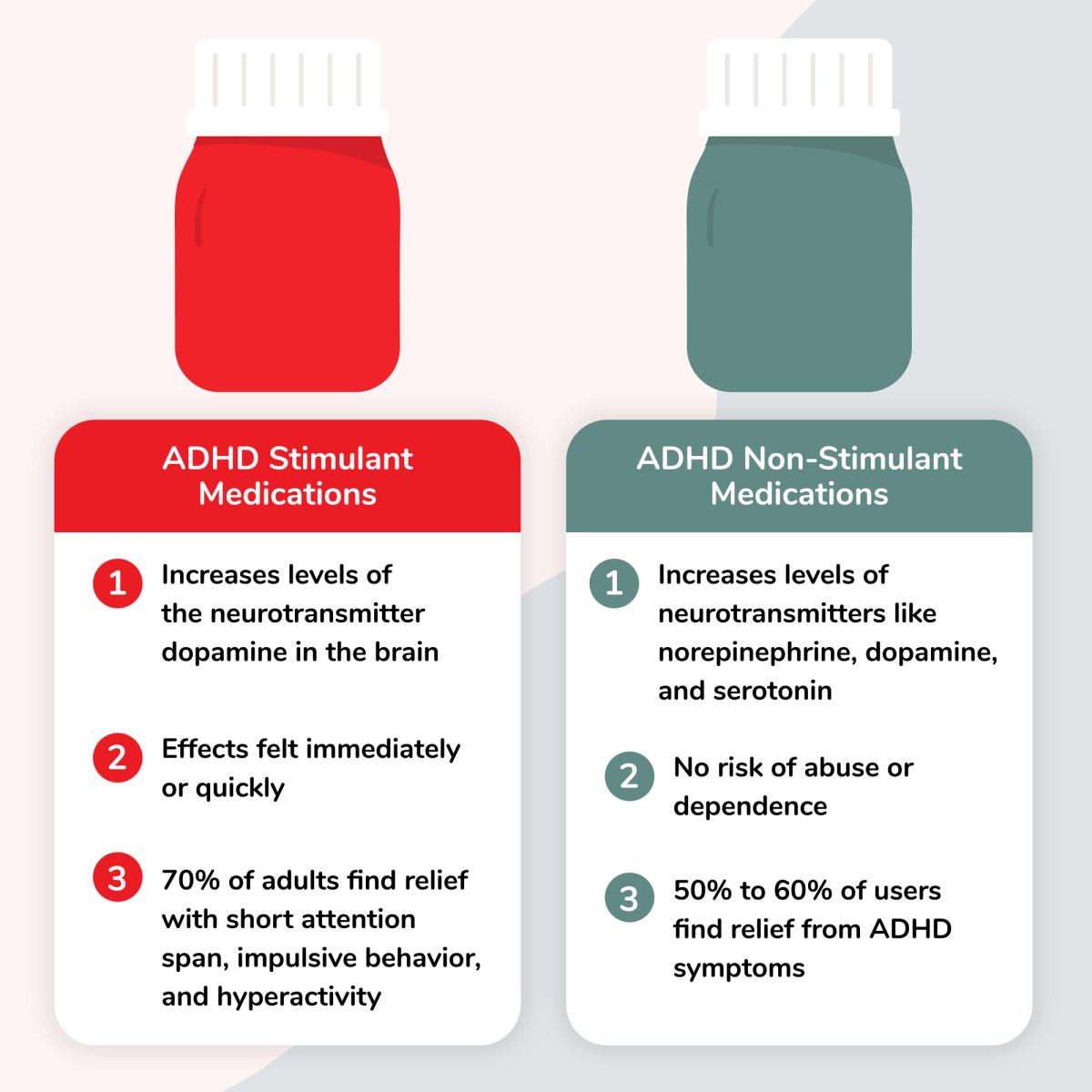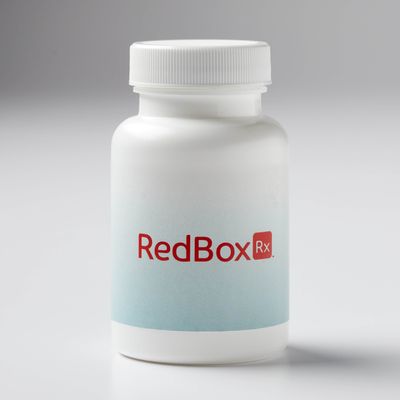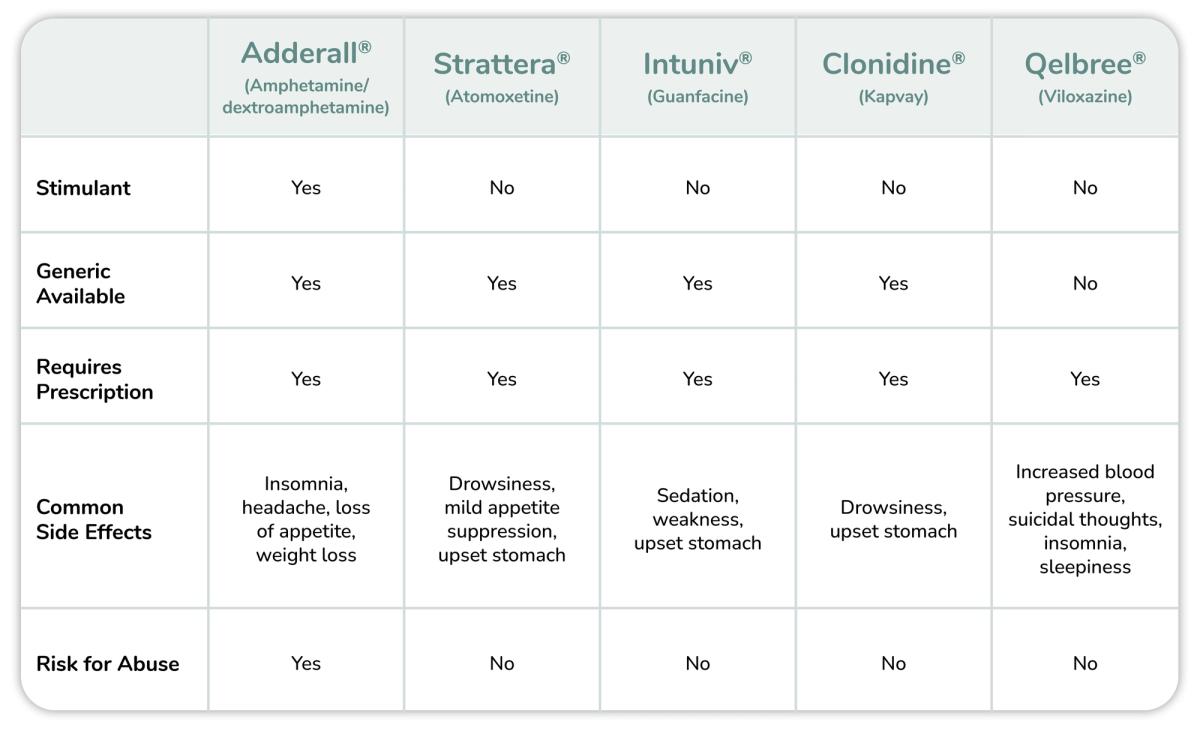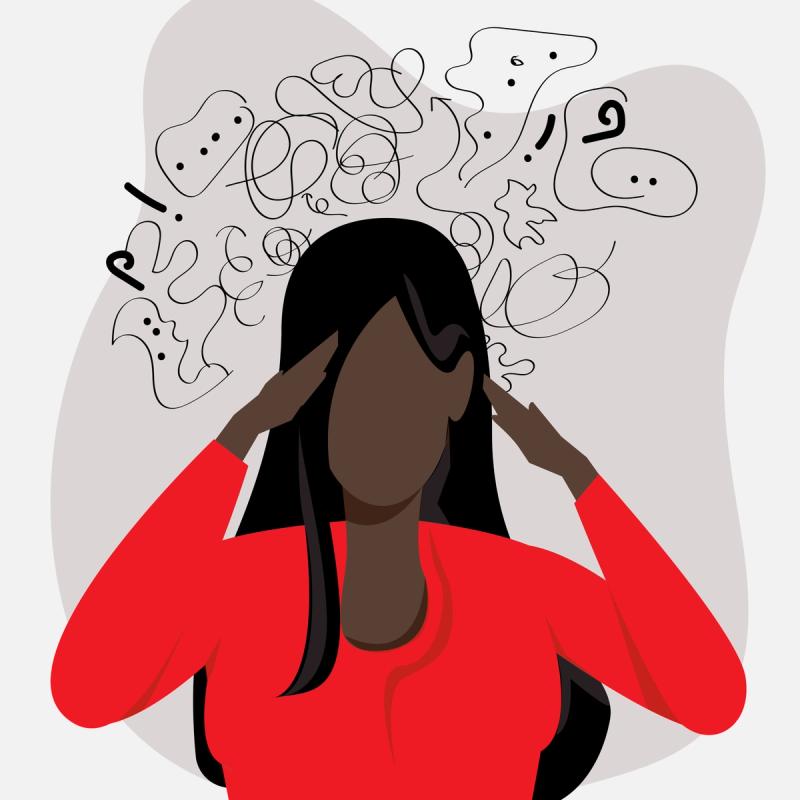Adderall®, a popular stimulant medication prescribed for ADHD, is experiencing shortages across the country. One leading producer, Teva, has been dealing with intermittent manufacturing issues that have put a strain on the supply.1
Have you had challenges getting stimulant medications? Are you curious about alternative options to treat your adult ADHD? Maybe you would like to avoid the side effects of Adderall or other stimulants. Non-stimulant ADHD medications could be a good fit for you.
Key Takeaways
Stimulant medicines like Adderall®, Vyvanse®, Ritalin® and other amphetamine or methylphenidate products raise dopamine in the brain and improve focus. They reduce symptoms in about 70% of adults with ADHD but carry a risk of insomnia, appetite loss, and potential misuse or dependence.
Nonstimulant options include atomoxetine (Strattera®), viloxazine (Qelbree®), guanfacine (Intuniv®), clonidine (Kapvay®) and bupropion (Wellbutrin XL®). They increase norepinephrine or balance other brain chemicals without causing dopamine spikes. These medicines have no abuse potential and relieve ADHD symptoms in roughly 50%-60% of adults.
Choosing between stimulant and nonstimulant therapy depends on how quickly relief is needed, how severe the symptoms are and whether there is concern about side effects or misuse. A medical provider can adjust the plan if shortages occur or if one category is not well tolerated.
Types of Adult ADHD Medications
Medication options for adult ADHD can mostly be classified into two groups: stimulant and non-stimulant. Both have their advantages and side effects, so it is important to discuss with your medical provider what options are best for your treatment.

Stimulant ADHD Medications
Stimulant medications can help people focus their attention, a common challenge for adults and children with ADHD. This class of medications increases levels of the neurotransmitter dopamine in the brain. Dopamine is connected to attention, movement, and pleasure in the body.2
Stimulant medications have been shown to improve ADHD symptoms like short attention span, impulsive behavior, and hyperactivity in about 70% of adults.3 There are many stimulant alternatives to consider if you can’t or don’t want to take Adderall.
Common Alternative Stimulant Medications
Stimulant medications for ADHD fall into two categories: amphetamines and methylphenidates. Within those two types are short-acting and long-acting versions, depending on your needs.4 Adderall is an amphetamine medication.
Common alternative amphetamine medications:5
Amphetamine sulfate (Evekeo®)
Dextroamphetamine (Zenzedi®, Dexedrine®)
Lisdexamfetamine (Vyvanse®)
Amphetamine (Adenyz®, Dynavel XR®)
Methamphetamine (Desoxyn®)
Common methylphenidate medications:
Methylphenidate (Ritalin®, Concerta®, Quillivant XR®)
Dexmethylphenidate (Focalin®)
Side Effects of Stimulant ADHD Medications
Stimulant medications have some side effects to consider including:6
Headache
Nausea or upset stomach
Raised blood pressure
Loss of appetite
Weight loss
Nervousness
Insomnia
Tics
There is also a risk of dependence with stimulant medications if you have a history of substance abuse in the past. Talk to your medical provider if dependence or abuse is a concern for you before taking stimulant medication for ADHD.7
Non-Stimulant ADHD Medications
There are a variety of non-stimulant medications that have shown promise in treating ADHD symptoms. Non-stimulant medications do not have the same side effects as stimulants and they do not have as much risk of abuse or dependence. For some ADHD patients, stimulants are not effective. In these cases and more, non-stimulant ADHD medications can be a preferred alternative.
Most of the non-stimulant ADHD medications work by increasing levels of certain neurotransmitters in the brain like norepinephrine, dopamine, and serotonin that help calm the brain.8
Approximately 50% to 60% of users find relief from ADHD symptoms with a non-stimulant option.9 You may need to work with your medical provider to try several options of ADHD treatment to see what works best for you.
Common Non-Stimulant ADHD Medications
Atomoxetine (Strattera®)
Guanfacine (Intuniv®)
Clonidine (Kapvay®)
Viloxazine (Qelbree®)
Bupropion (Wellbutrin XL®)
Side effects of Non-Stimulant ADHD Medications
One reason you may want to try a non-stimulant medication is if you don’t like the side effects of stimulant medications. Non-stimulant medications, however, can still cause side effects including:
Headache
Dizziness
Sleepiness or fatigue
Nausea or stomach pain
Loss of appetite

Convenient Adult ADHD Treatment Online
Get treated for adult ADHD from the comfort of your home by U.S. licensed medical providers. We offer secure, private online doctor visits with fast, free shipping on non-stimulant ADHD medications.
GET STARTEDAdderall® vs. Non-Stimulant ADHD Medications
If you are considering a switch from Adderall to a non-stimulant medication, here is a brief comparison of those options.
Adderall vs. Strattera® (Atomoxetine)
The main difference between these two medications is that Adderall is a stimulant and Strattera® (atomoxetine) is not. Both options are effective, but atomoxetine is less likely to cause abuse, dependence, or withdrawal issues.10
Generally, atomoxetine is better tolerated with mild side effects like drowsiness and mild appetite suppression. Adderall has more intense side effects including insomnia or sleep disruption, which is why it is prescribed to treat narcolepsy as well as ADHD.11
Both Adderall and Strattera (atomoxetine) require a prescription.
Adderall vs. Intuniv® (Guanfacine)
Both Adderall and Intuniv® (guanfacine) are medications prescribed for ADHD. Adderall is a stimulant medication and a Schedule II drug, meaning it is a controlled substance with potential for abuse or dependence. Guanfacine is not a controlled substance and carries less risk of abuse.12
Guanfacine is a non-stimulant medication originally developed for treating high blood pressure with an approved use for ADHD treatment. Because of this, users should consult their medical provider if they have heart or blood pressure conditions. The side effects for guanfacine include sedation13, while Adderall can cause restlessness and insomnia.
Adderall and Intuniv (guanfacine) both require a prescription.
Adderall vs. Clonidine® (Kapvay)
Similar to the other non-stimulant ADHD medications, Clonidine® (kapvay) does not have potential for abuse or dependence like stimulant medications including Adderall. Side effects between these two medications differ as well. Kapvay can cause drowsiness and upper abdominal pain, while Adderall can cause insomnia and weight loss.14
Adderall® and Clonidine (kapvay) both require a prescription.
Adderall vs. Qelbree®
Qelbree® (viloxazine), like the other non-stimulant medications covered, is not a controlled substance and does not carry the risk of abuse that Adderall does. Qelbree does, however, carry risk of increased suicidal thoughts or actions.15 Those with a history of suicidal thoughts, depression, or bipolar disorder may want to avoid taking Qelbree.
Both Adderall and Qelbree can cause side effects of insomnia. Alternatively, Qelbree can cause sleepiness or fatigue in some users.
Adderall® and Qelbree® both require a prescription.
Adderall® vs. Non-Stimulant Medications Comparison

How RedBox Rx Can Help

RedBox Rx makes receiving non-stimulant treatment for ADHD easy and affordable.
Benefits of RedBox Rx include:
Transparent, affordable, flat rates on medications starting at $25/month (with purchase of three-month supply).
$35 online consultations with a U.S. licensed medical professional.
No membership fees. No insurance required. FSA and HSA eligible.
Free shipping directly to you. Monthly and quarterly subscriptions available.
Start your treatment today with our online ADHD assessment.


